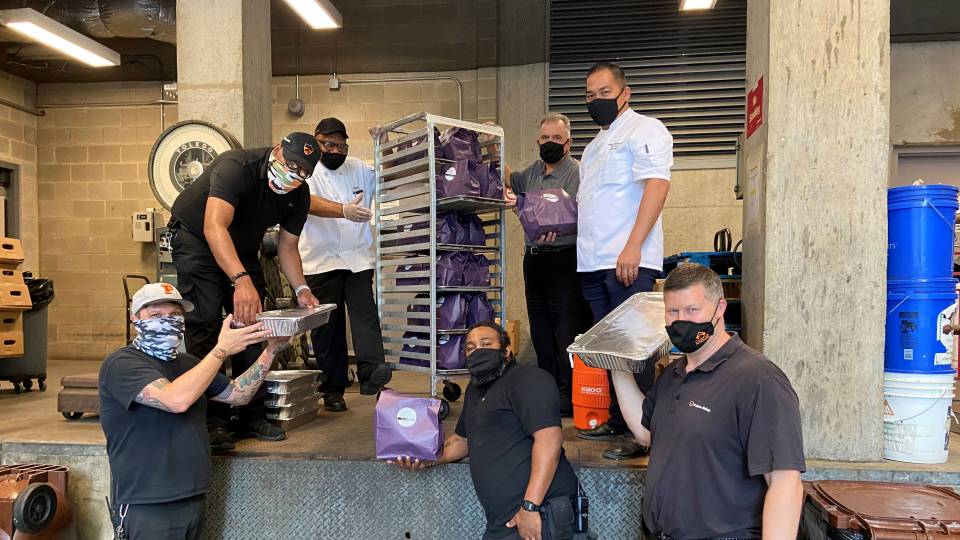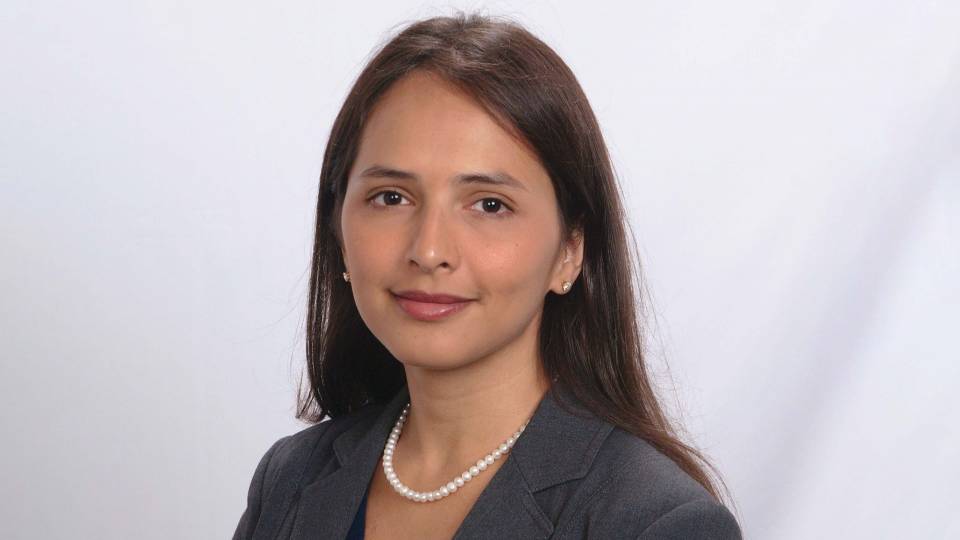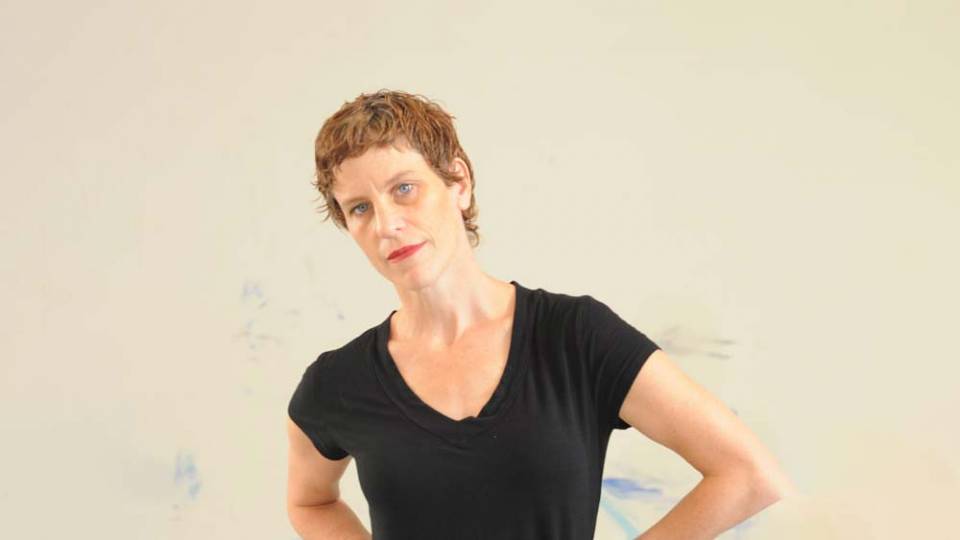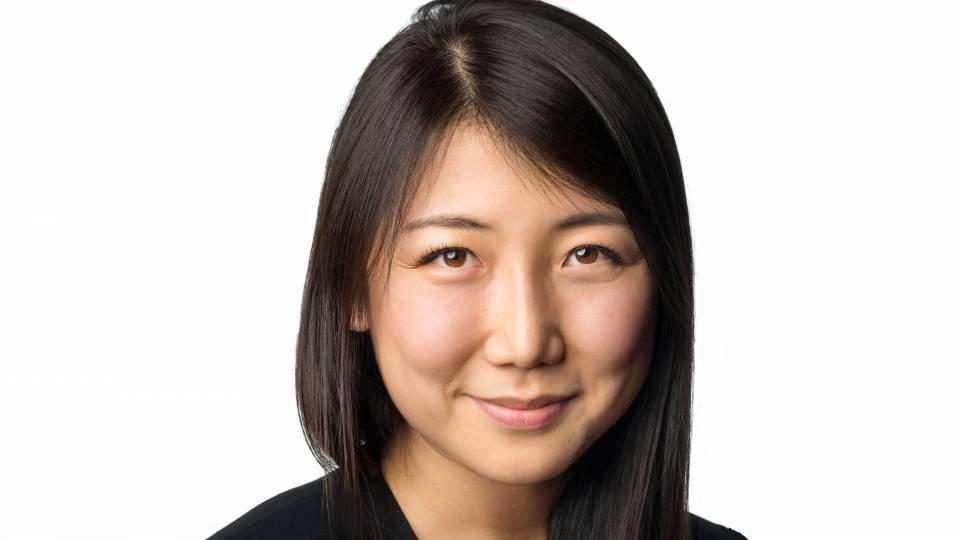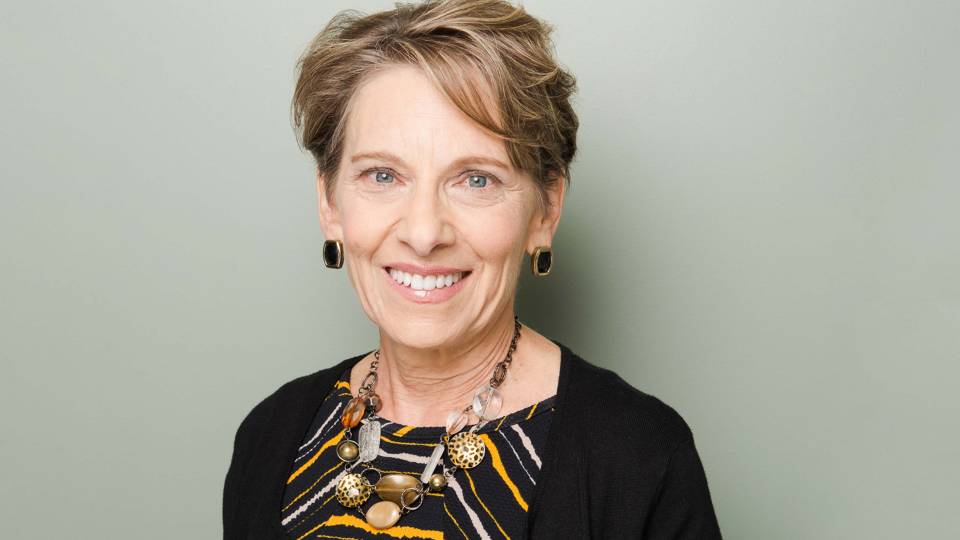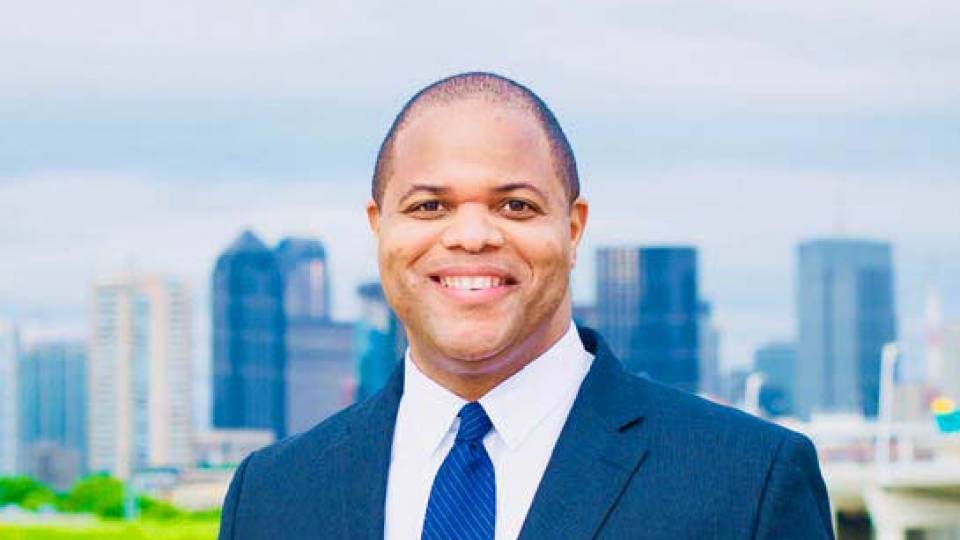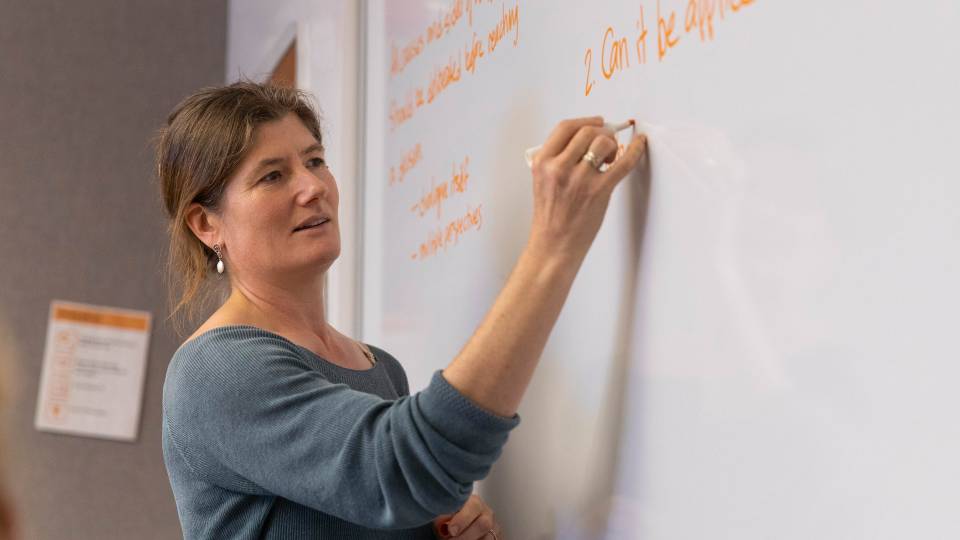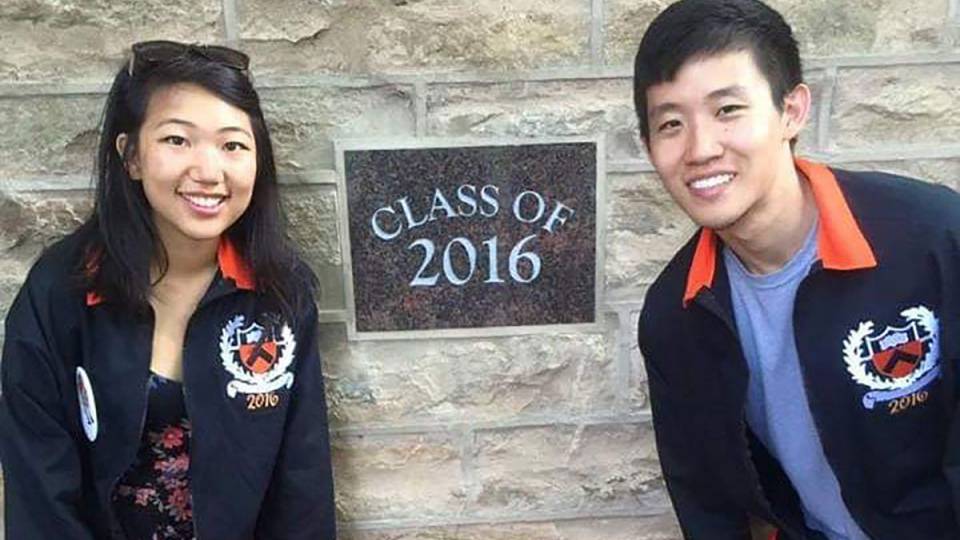Céline Gounder, M.D., Class of 1997, an infectious diseases specialist and host and producer of the “EPIDEMIC” podcast, joined Princeton University’s “We Roar” podcast on Friday, June 12, for a Facebook Live Q&A. A recording of the event is available on Princeton's Facebook page.
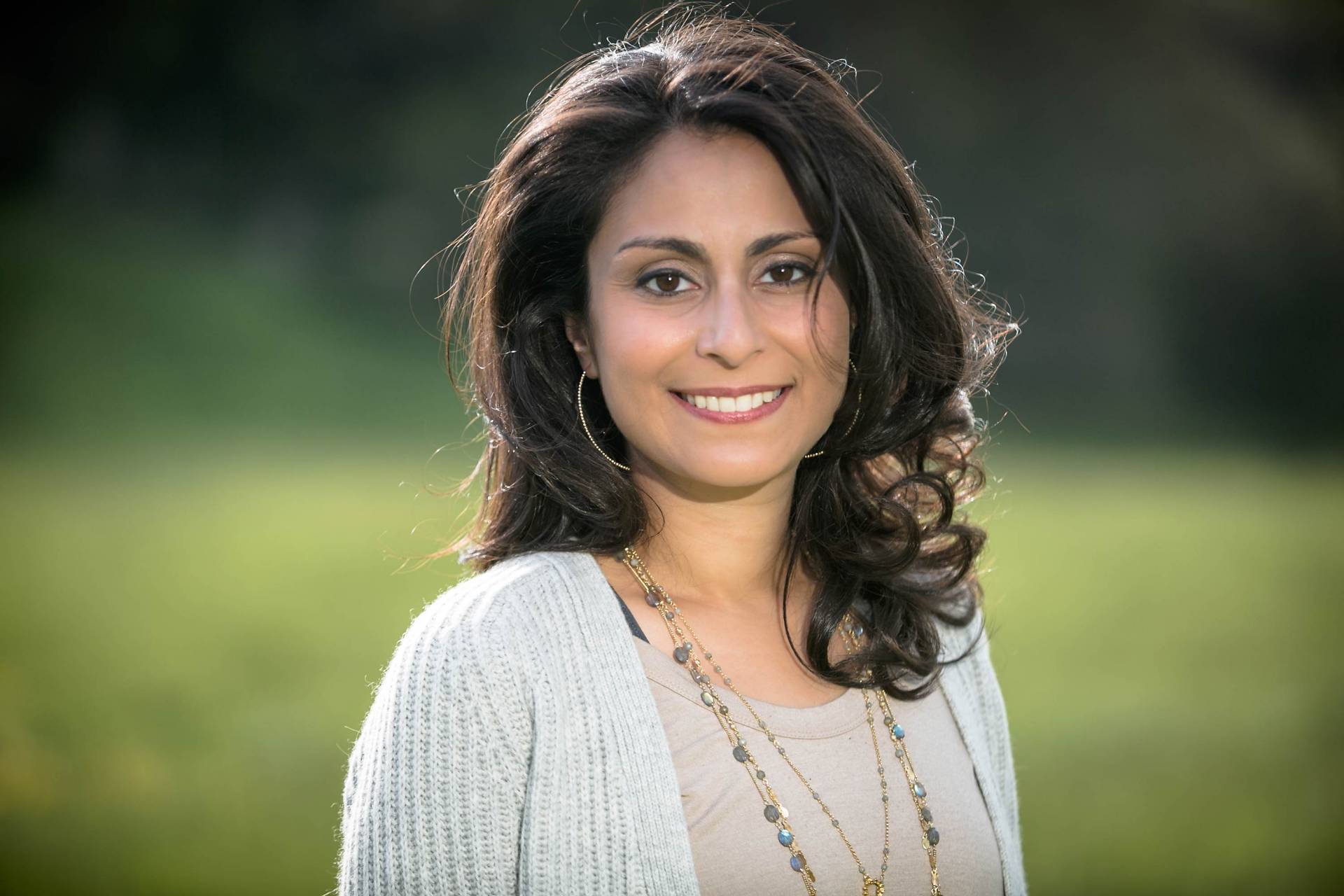
Céline Gounder, M.D.
The special broadcast was hosted by Margaret Koval, a 1983 Princeton graduate alumna, director of special projects for the Office of Communications and executive producer of “We Roar.” It began with a listening party for Gounder’s episode, followed by a live question-and-answer session where Gounder discussed what epidemiologists have learned about COVID-19, the impact of recent protests on the spread of the disease and safety tips for participating in group activities.
Gounder, who received a bachelor’s degree in molecular biology at Princeton, is an attending physician at Bellevue Hospital Center in New York City and a clinical assistant professor of medicine and infectious diseases at New York University’s Grossman School of Medicine. She also works with Indian Health Service and tribal health facilities nationwide.
A CNN medical correspondent and medical journalist, Gounder founded a nonprofit multimedia organization, Just Human Productions, which uses storytelling to build community and collaboration around issues of health disparity. She is also host and producer of the “American Diagnosis” podcast.
Having spent two months in Guinea in 2015 volunteering as an Ebola aid worker, Gounder has experienced the frontlines of a pandemic battle.
“I think the COVID pandemic really lays bare how even people like me, who have studied these epidemics and pandemics, have experienced them on the frontlines, how even we can be taken off guard, and how quickly the situation can evolve, and how quickly you have to adapt to that,” she tells the “We Roar” podcast.
Gounder says there are patterns that play out when a highly infectious disease emerges, not only with respect to the disease and the science, but also as it relates to human responses and behavior.
“During the Ebola epidemic … there was sort of a parallel epidemic of conspiracy theories and rumors and false information in West Africa,” she says. “And we're seeing the exact … same thing here.”
Doctors and public health practitioners have a responsibility to be involved in conversations about the spread of a disease, Gounder says. She has been sharing her knowledge publicly since the early days of the COVID-19 outbreak through the “EPIDEMIC” podcast and also on CNN and elsewhere.
“Had we really been prepared back in January, we would have been looking for cases arriving here,” she says. “We didn't do that. Once there was so much community transmission in many parts of the country, we had put ourselves in a position where we really had no choice but to implement shelter-in-place and lockdown kinds of measures.”
Gounder says she fears the consequences of failing to build the necessary infrastructure to get a handle on COVID-19 during the lockdown period. “We didn't do what we needed to do to scale up testing,” she says. “We didn't hire the contact tracers. We didn't develop the data management tools and systems.”
For Gounder, the question remains, how do you convince people that preparing for a biological, medical, public health threat is just as important as preparing for a military or terrorist threat? It’s something for which she continues to advocate in her many roles as a public health expert.
“I'm just hopeful that maybe as we live through this, that the importance of that kind of preparedness is recognized, and that we do start to reinvest in public health systems and into preparedness of all kinds,” she says.
“We Roar” episodes are available on YouTube, Apple Podcasts, Google Podcasts, Spotify and other podcast platforms.
